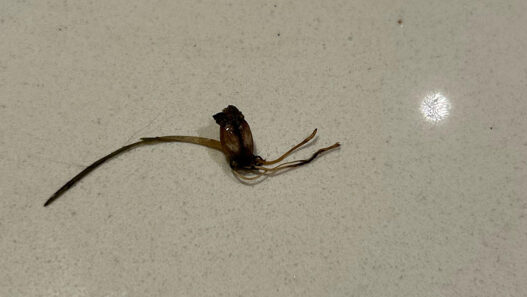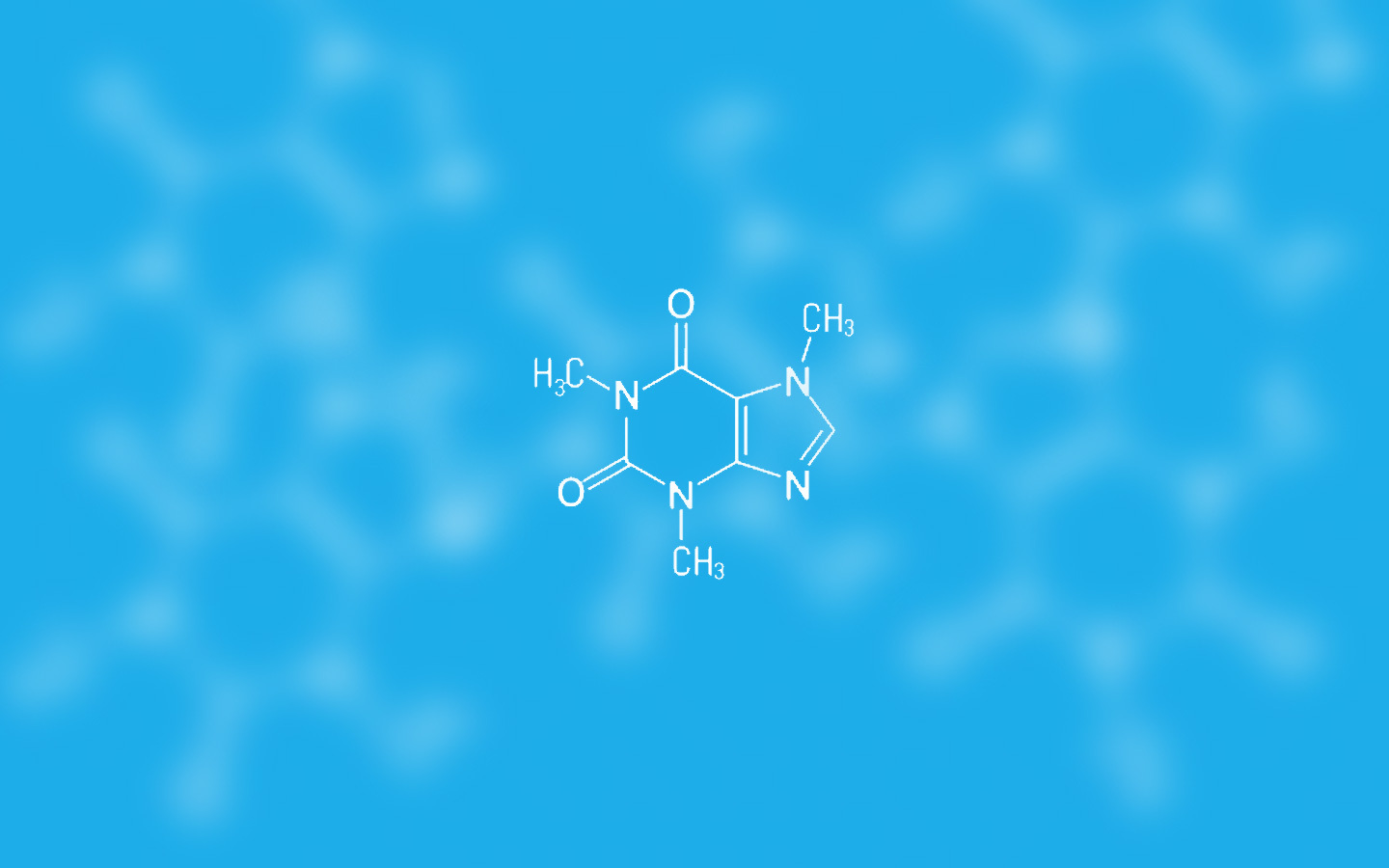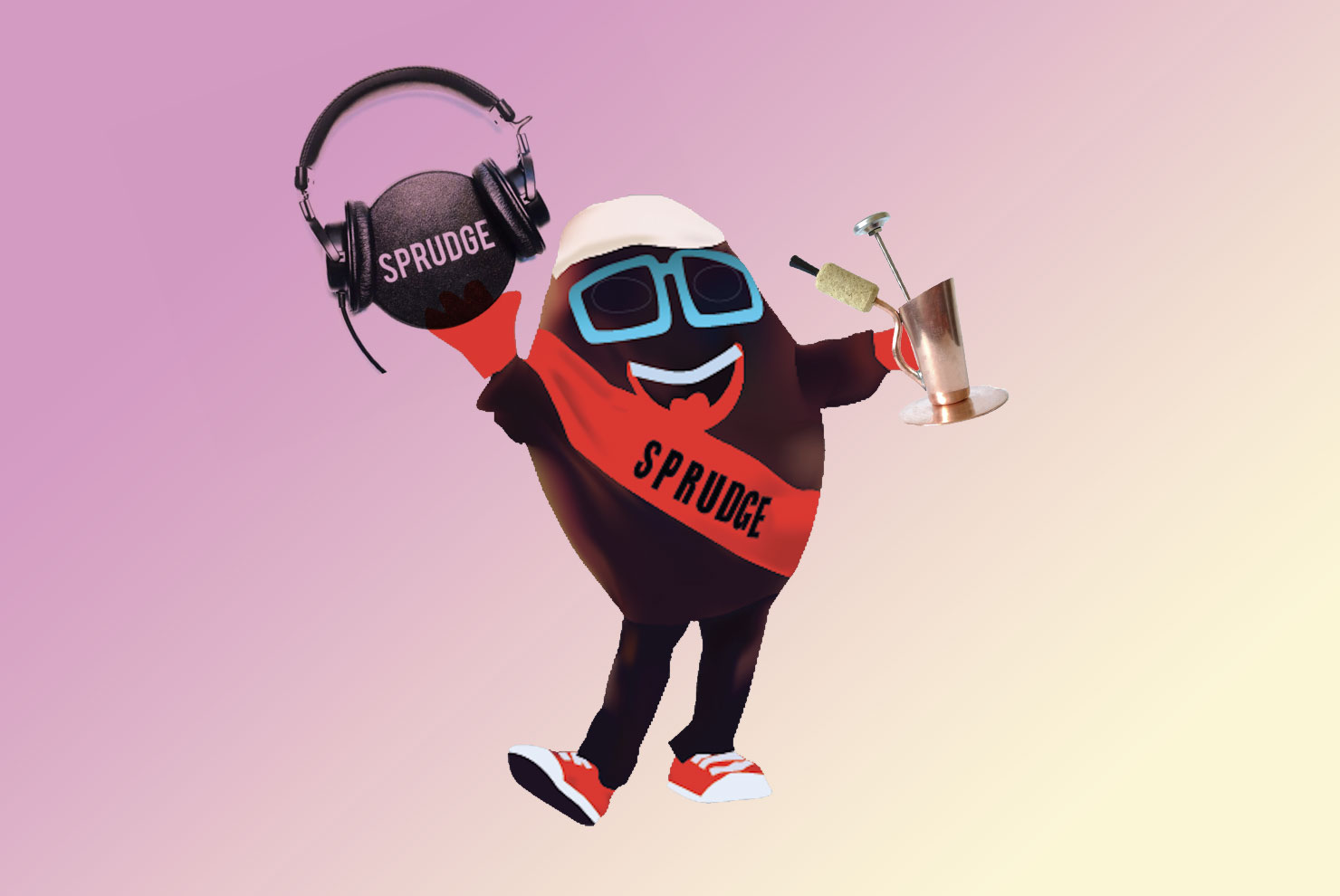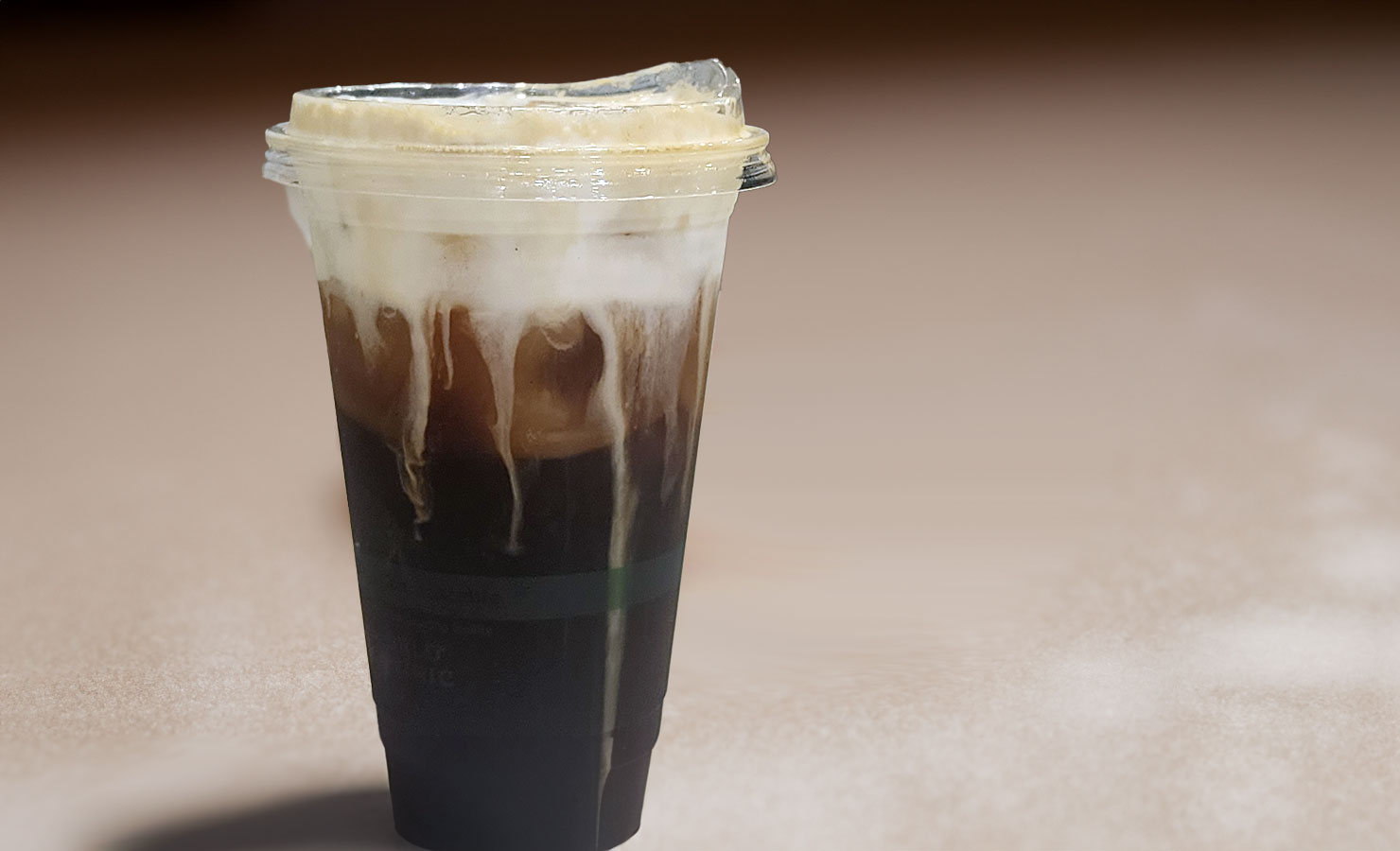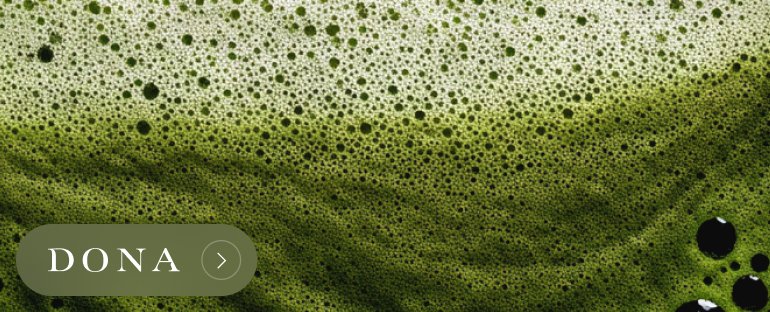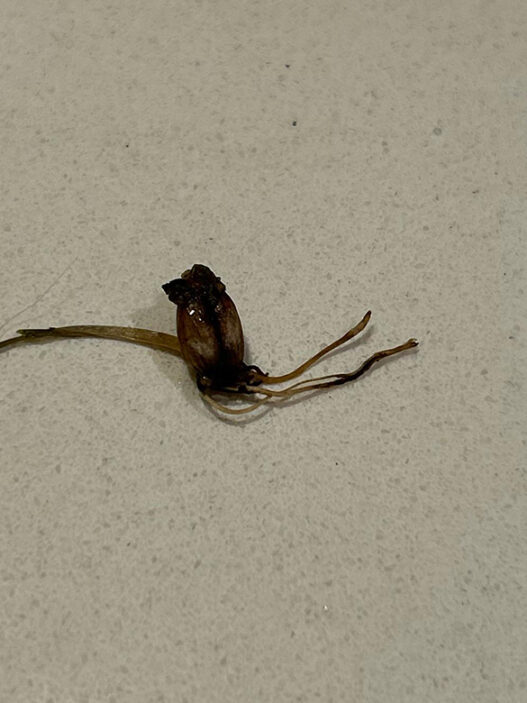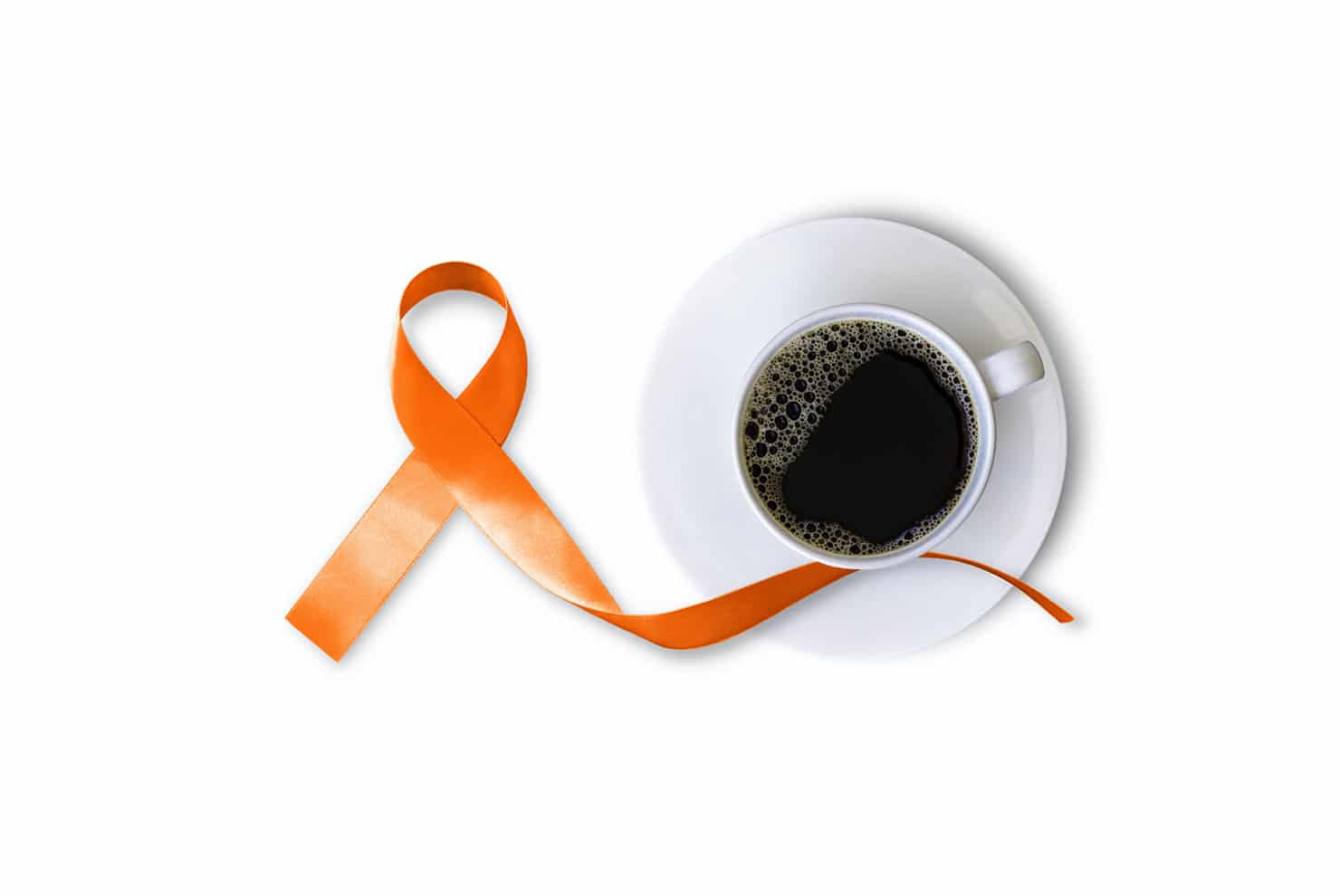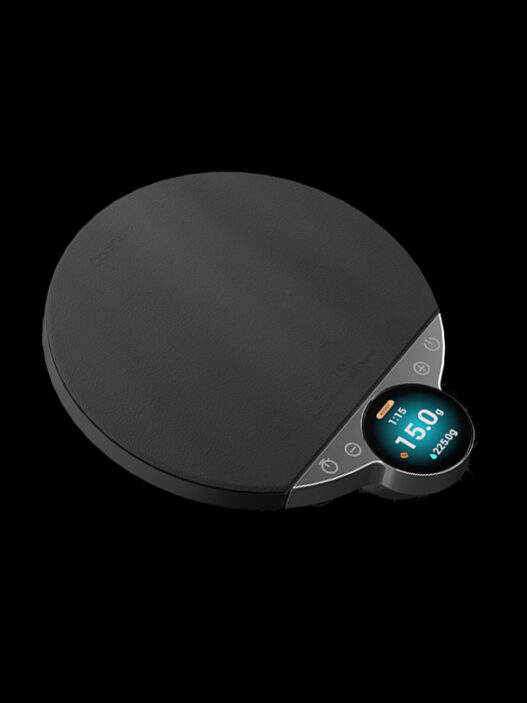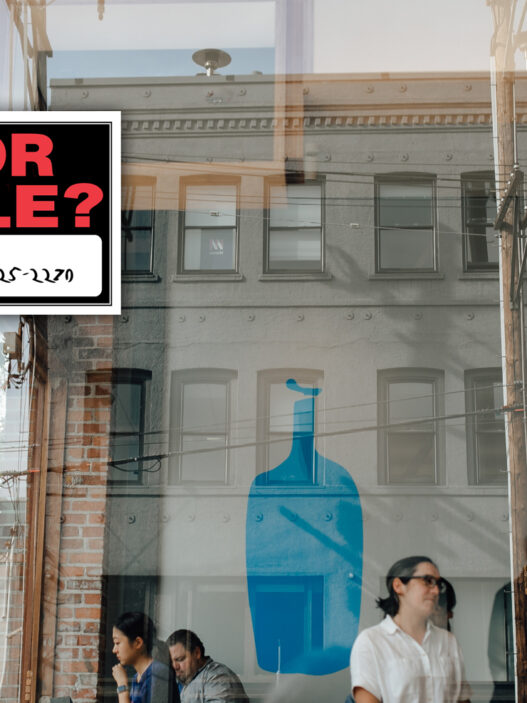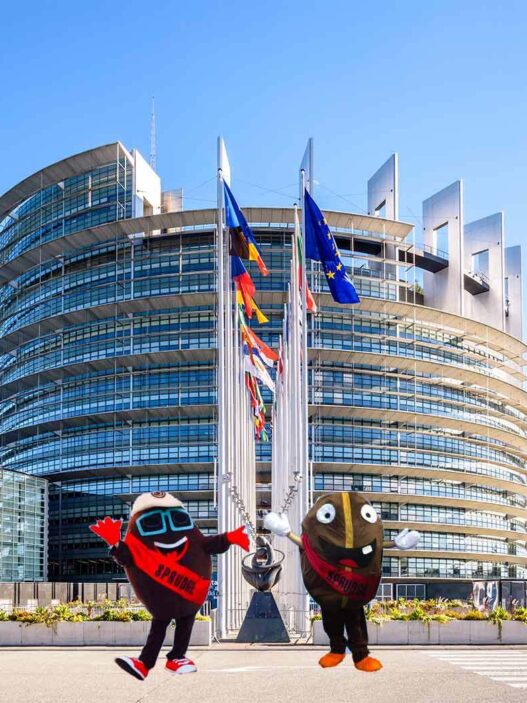For many people, that first cup of coffee in the morning is functional. Would I prefer that is taste good, like really really good? Yes, but if not, that’s fine. That’s where the second cup comes in. Coffee Number One is really all about getting the neurons firing and creating an unrealistic and all-too-fleeting feeling of productivity. This aspect of coffee drinking has long been attributed to caffeine, but new research suggests that caffeine is merely part of the story.
As reported by Neuroscience News, a new study by a cohort of Portuguese researchers published in the journal Frontiers of Behavioral Neuroscience set out to “understand whether that wakefulness effect is dependent on the properties of caffeine, or whether it’s about the experience of drinking coffee.” (Emphasis ours.)
For the study, scientists from institutions across Portugal and Spain—including Portugal’s University of Minho and University of Coimbra and Spain’s Jaume I University, amongst others—examined 47 “generally healthy” individuals who consumed at least one cup of coffee per day. Participants were asked to refrain from consuming any caffeine for at least three hours before the study.
During the examination, participant were interviewed and then underwent two functional MRI scans, which measure brain activity by measuring changes in blood flow. The first MRI was given decaffeinated and the second 30 minutes after caffeine or a “standardized cup” of coffee was consumed. When comparing the changes in the scans, researchers found that “connectivity of the default mode network was decreased both after drinking coffee and after taking caffeine,” corresponding with an individual becoming more prepared to go from resting to taking on tasks.
But those who drank coffee saw an increase in the connectivity in the higher visual network and the right executive control network that those who consumed caffeine alone did not. Per Neuroscience News, these parts of the brain are used in “working memory, cognitive control, and goal-directed behavior.” This indicates that while caffeine plays a role in preparing a person to switch to task mode, there is something else about consuming coffee that helps individuals function.
“Acute coffee consumption decreased the functional connectivity between brain regions of the default mode network, a network that is associated with self-referential processes when participants are at rest,” said Dr Maria Picó-Pérez of Jaume I University, first author.
“The functional connectivity was also decreased between the somatosensory/motor networks and the prefrontal cortex, while the connectivity in regions of the higher visual and the right executive control network was increased after drinking coffee. In simple words, the subjects were more ready for action and alert to external stimuli after having coffee.”
The study’s authors postulate that this phenomenon is due to the overall experience of drinking coffee, noting in particular the “smell and taste of the drink” as well as the “psychological expectation associated with consuming that drink.” This aligns with similarly positioned research in the past that has found that just thinking about coffee can make you more alert as well as consuming decaf can aid in caffeine withdrawal symptoms, both of which speak to how our brain responds to stimulus and cues beyond mere consumption.
Coffee has once again been proven, by Science no less, to be more than just a vehicle for caffeine distribution. It is a magical elixir whose benefits and mercies we mere humans may never fully grasp. May we bask in its kindness and radiate its light anew each and every day, amen.
Zac Cadwalader is the managing editor at Sprudge Media Network and a staff writer based in Dallas. Read more Zac Cadwalader on Sprudge.









